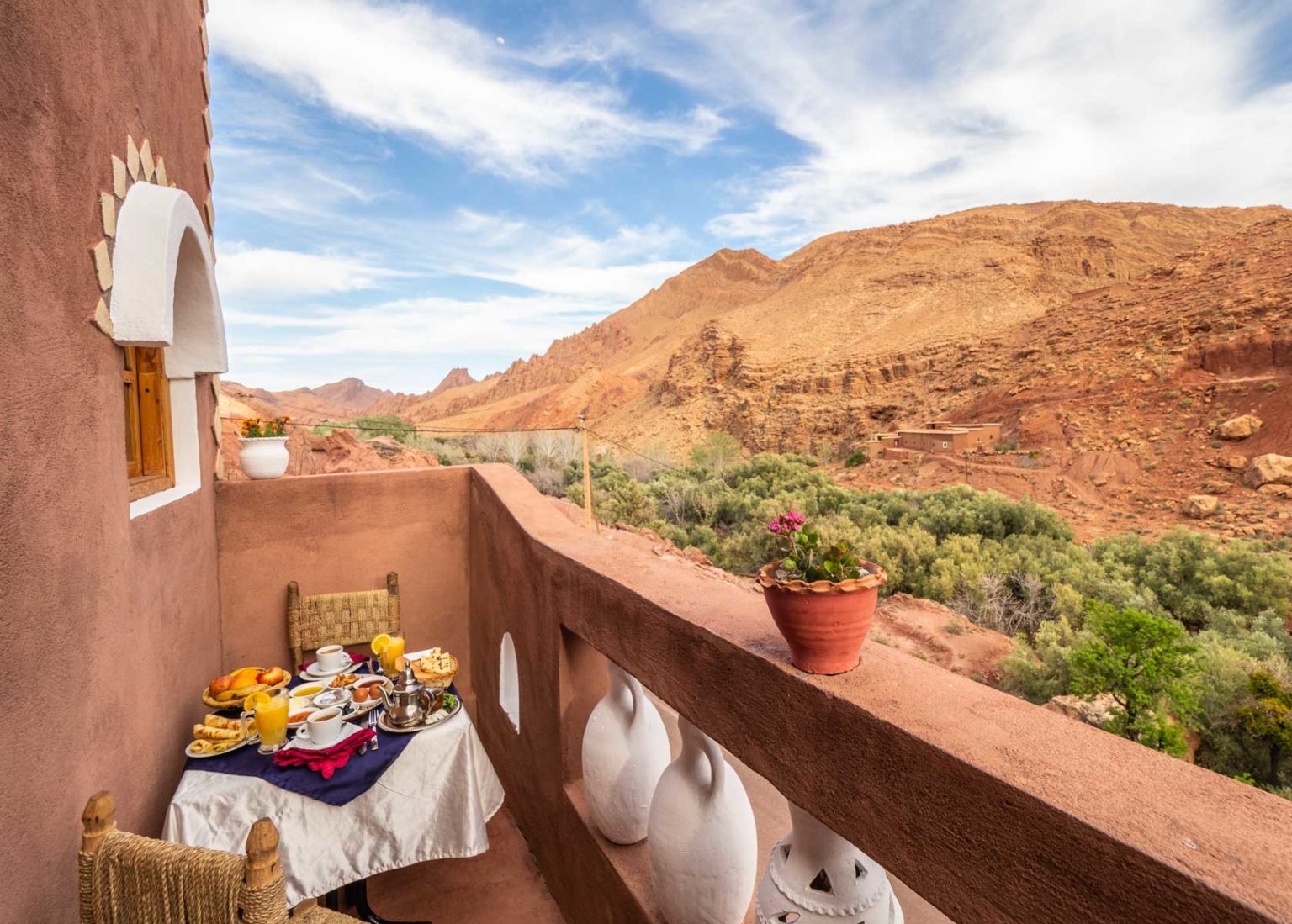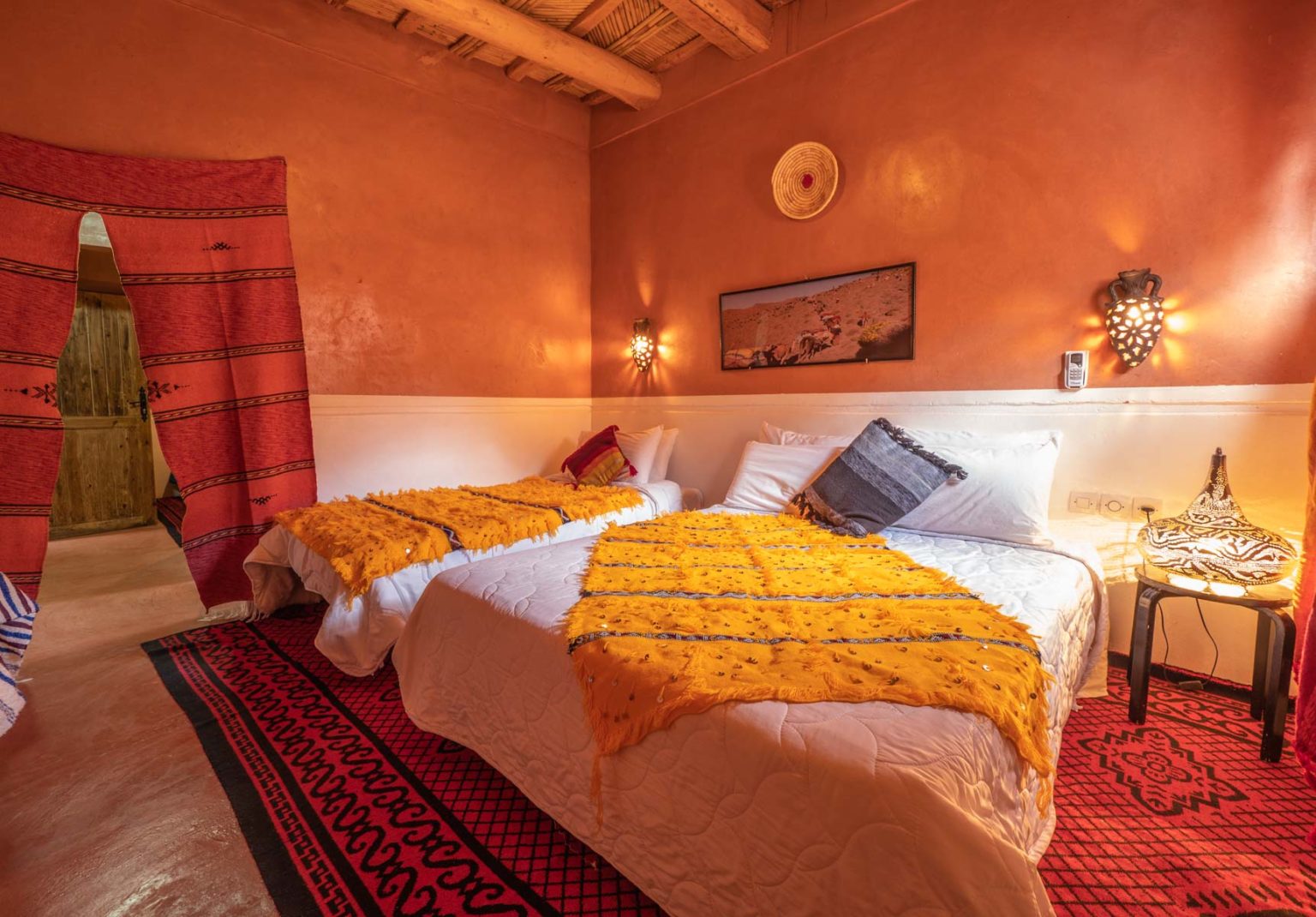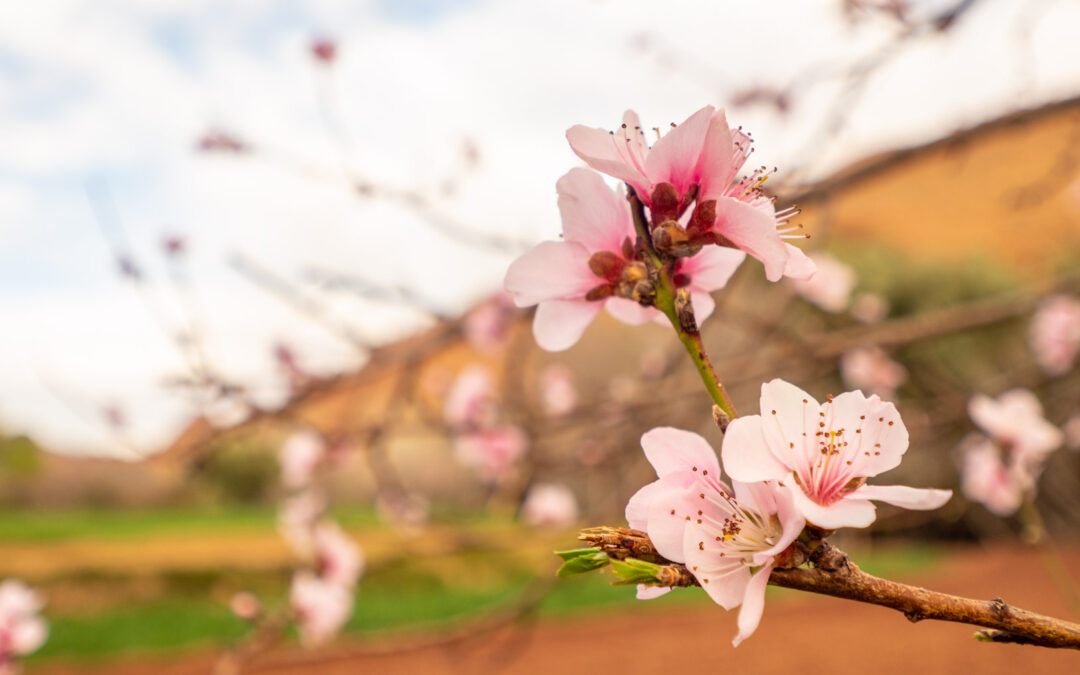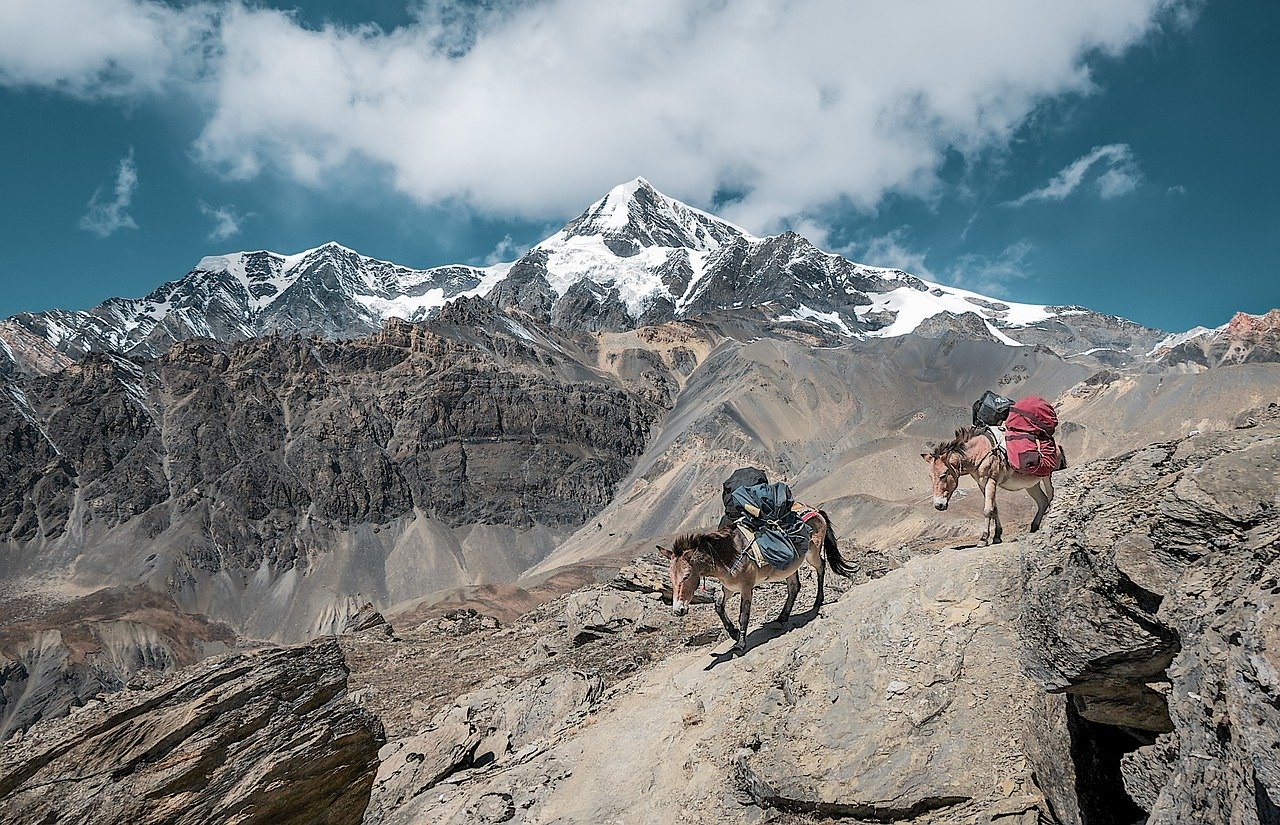
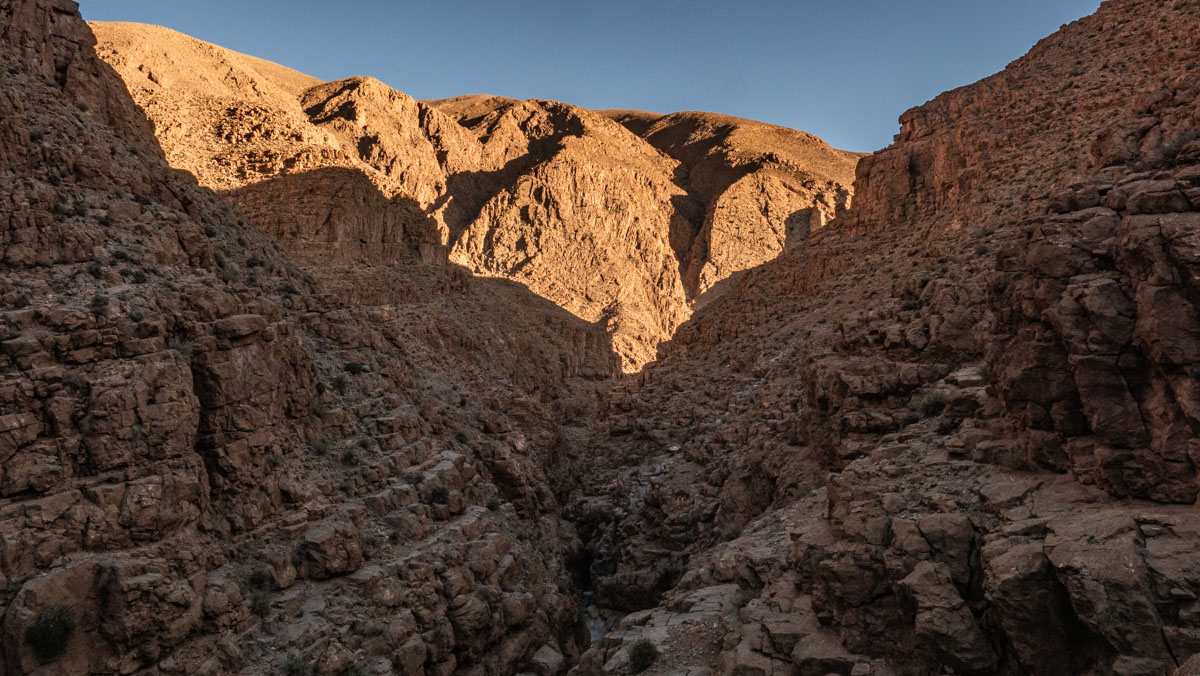
The Role of Oral Traditions in Preserving Berber Heritage
When exploring the rich cultural tapestry of Morocco, one cannot overlook the significant role that oral traditions play in preserving the Berber heritage. The Berbers, an indigenous ethnic group of North Africa, have a long history of passing down their customs, stories, and knowledge through oral means. This article delves into how oral traditions have been instrumental in safeguarding the Berber heritage, with a focus on the Auberge Atlas Dades.
Preservation of Cultural Identity
The Berber people have a strong sense of cultural identity that is intricately woven into their oral traditions. Through storytelling, poetry, music, and dance, the Berbers have maintained a connection to their past and a sense of belonging to their community. These oral traditions serve as a form of cultural memory, ensuring that the customs and values of the Berber people are passed on from generation to generation.
Historical Narratives and Legends
Within the oral traditions of the Berbers lie a treasure trove of historical narratives and legends that offer insights into their past. Stories of heroic deeds, ancient battles, and legendary figures are woven into the fabric of Berber oral culture, providing a window into the collective memory of the community. These narratives not only entertain but also educate, preserving important aspects of Berber history for posterity.
Role of Auberge Atlas Dades
Located in the stunning Dades Valley of Morocco, Auberge Atlas Dades stands as a testament to the preservation of Berber heritage. This charming guesthouse not only offers visitors a glimpse into traditional Berber architecture and design but also serves as a hub for cultural exchange. Guests at Auberge Atlas Dades have the opportunity to engage with local Berbers, listen to their stories, and immerse themselves in the rich oral traditions of the region.
Community Building and Social Cohesion
Oral traditions play a vital role in fostering community building and social cohesion among the Berber people. Through shared stories, songs, and rituals, individuals within the community develop a sense of unity and solidarity. These oral practices create bonds that transcend individual differences and contribute to the collective identity of the Berber community.
Transmission of Traditional Knowledge
One of the most significant functions of oral traditions within the Berber culture is the transmission of traditional knowledge. Skills, crafts, agricultural practices, and medicinal remedies are all passed down orally from elders to younger generations. This transfer of knowledge ensures the continuity of traditional practices and sustains the cultural heritage of the Berber people.
Impact of Modernization
As Morocco undergoes rapid modernization and urbanization, the preservation of Berber oral traditions faces new challenges. The younger generation, influenced by technology and globalization, may be less inclined to engage with traditional storytelling and practices. Organizations like Auberge Atlas Dades play a crucial role in bridging the gap between the old and the new, ensuring that Berber heritage remains vibrant and relevant in the modern world.
In conclusion, the role of oral traditions in preserving Berber heritage cannot be overstated. These living repositories of culture, history, and knowledge are essential for maintaining the identity and cohesion of the Berber community. Through places like Auberge Atlas Dades, visitors can experience
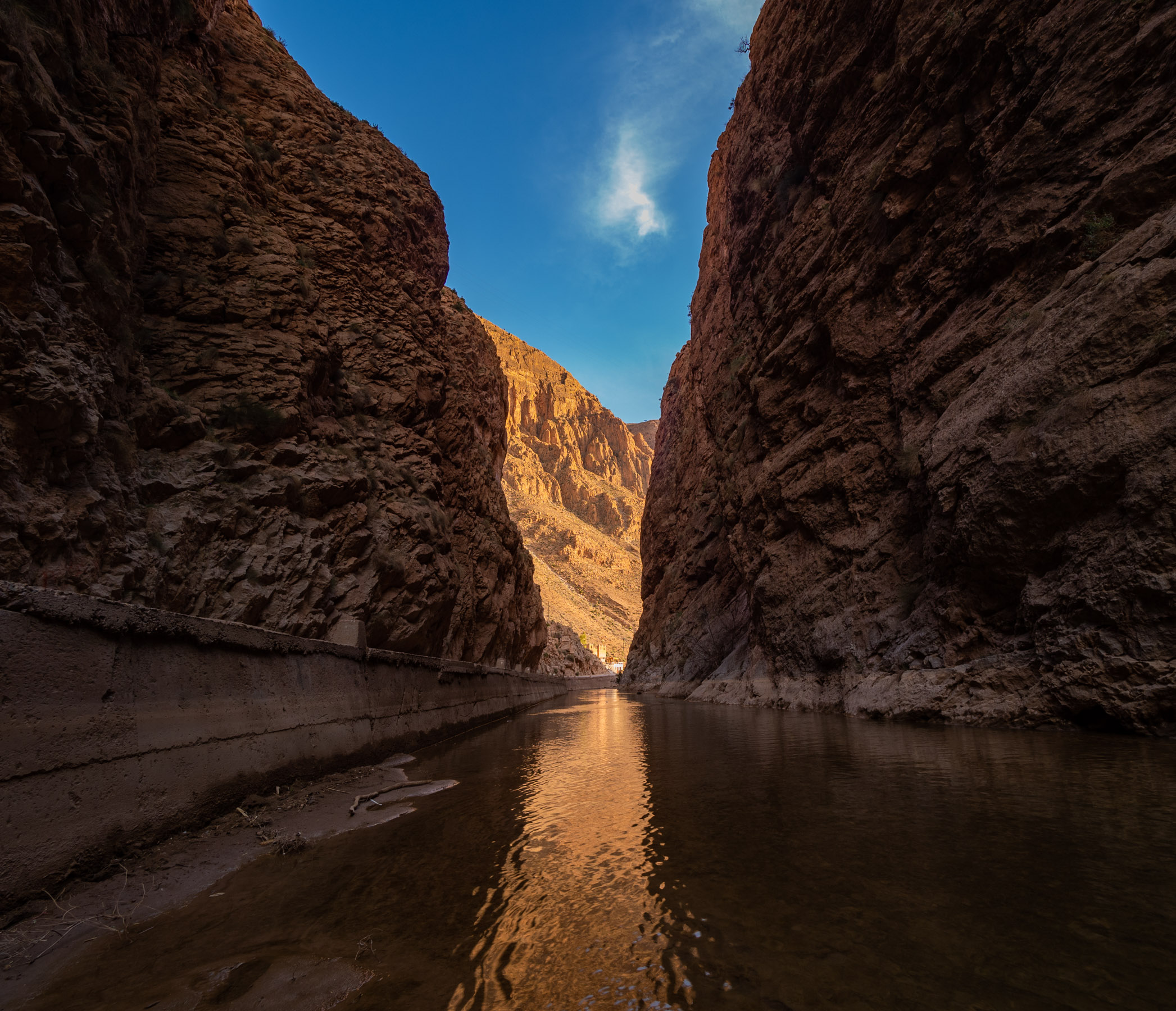
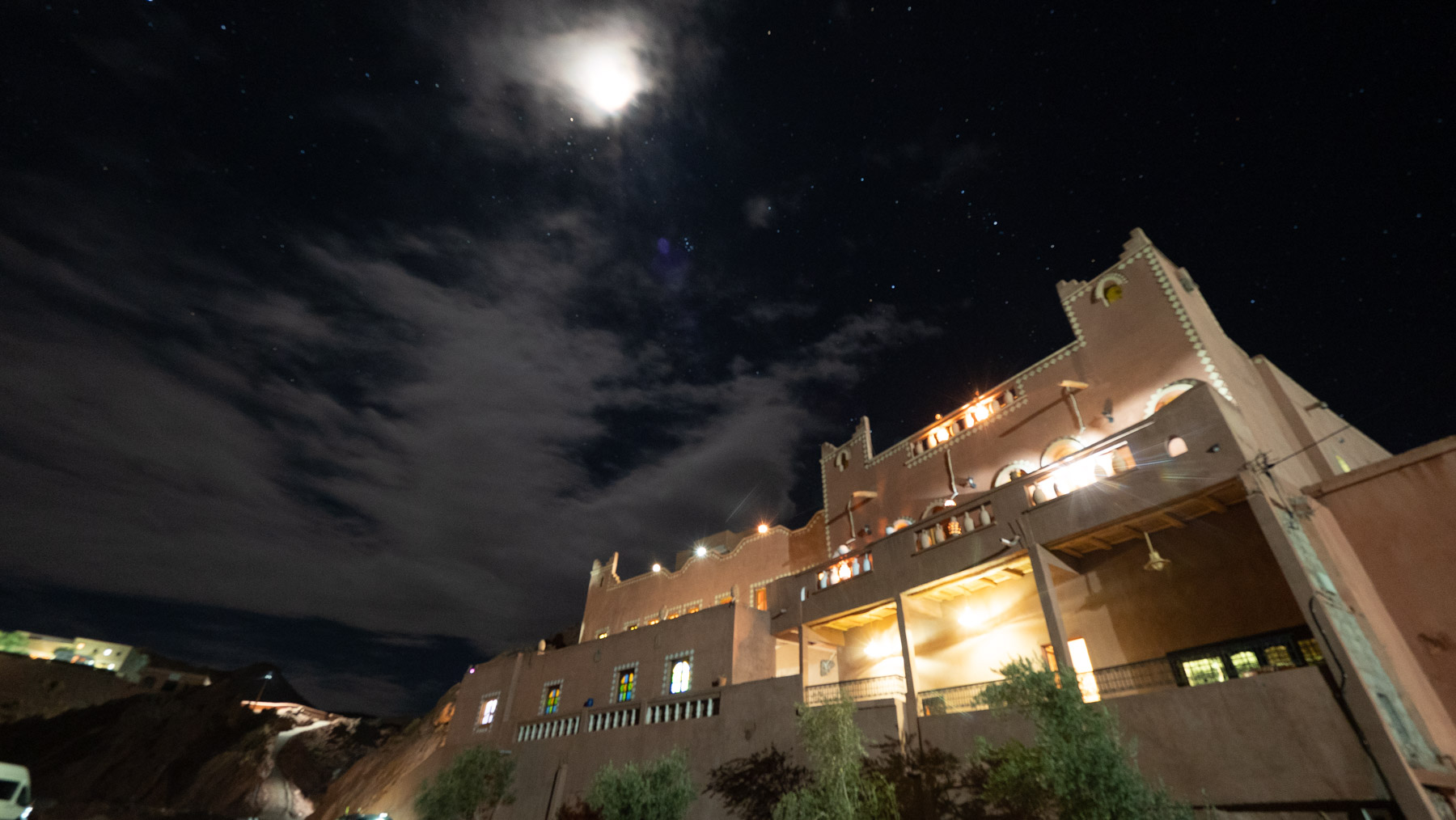
Tips for Exploring Berber Heritage through Oral Traditions
When it comes to understanding the Berber heritage in Morocco, oral traditions play a crucial role in preserving the rich history and culture of this fascinating ethnic group. Here are some valuable tips to help you delve into the world of Berber oral traditions and gain a deeper insight into their way of life.
1. Seek Out Local Storytellers
One of the best ways to immerse yourself in Berber oral traditions is to seek out local storytellers in the traditional villages of Morocco. These storytellers, known as hlaykia, are masters of the oral tradition and can captivate audiences with their tales of history, mythology, and everyday life in Berber communities.
2. Participate in Cultural Festivals
Attending cultural festivals in Berber villages is another great way to experience the power of oral traditions firsthand. These festivals often feature performances of traditional Berber music, dance, and storytelling, providing a vibrant glimpse into the heritage of the Berber people.
3. Visit Museums and Heritage Sites
To gain a deeper understanding of the role of oral traditions in preserving Berber heritage, consider visiting museums and heritage sites that showcase artifacts, documents, and recordings related to traditional Berber culture. These resources can provide valuable insights into the history and significance of oral storytelling among the Berber people.
4. Engage with Local Communities
Engaging with local Berber communities is essential for gaining a deeper appreciation of their heritage and oral traditions. Take the time to listen to the stories shared by community members, participate in traditional ceremonies, and ask questions to learn more about the cultural practices that have been passed down through generations.
5. Document and Share Your Experience
As you explore the world of Berber oral traditions, consider documenting your experiences through writing, photography, or video. By sharing your discoveries with others, you can help raise awareness about the importance of oral storytelling in preserving Berber heritage and inspire more people to explore this fascinating aspect of Moroccan culture.
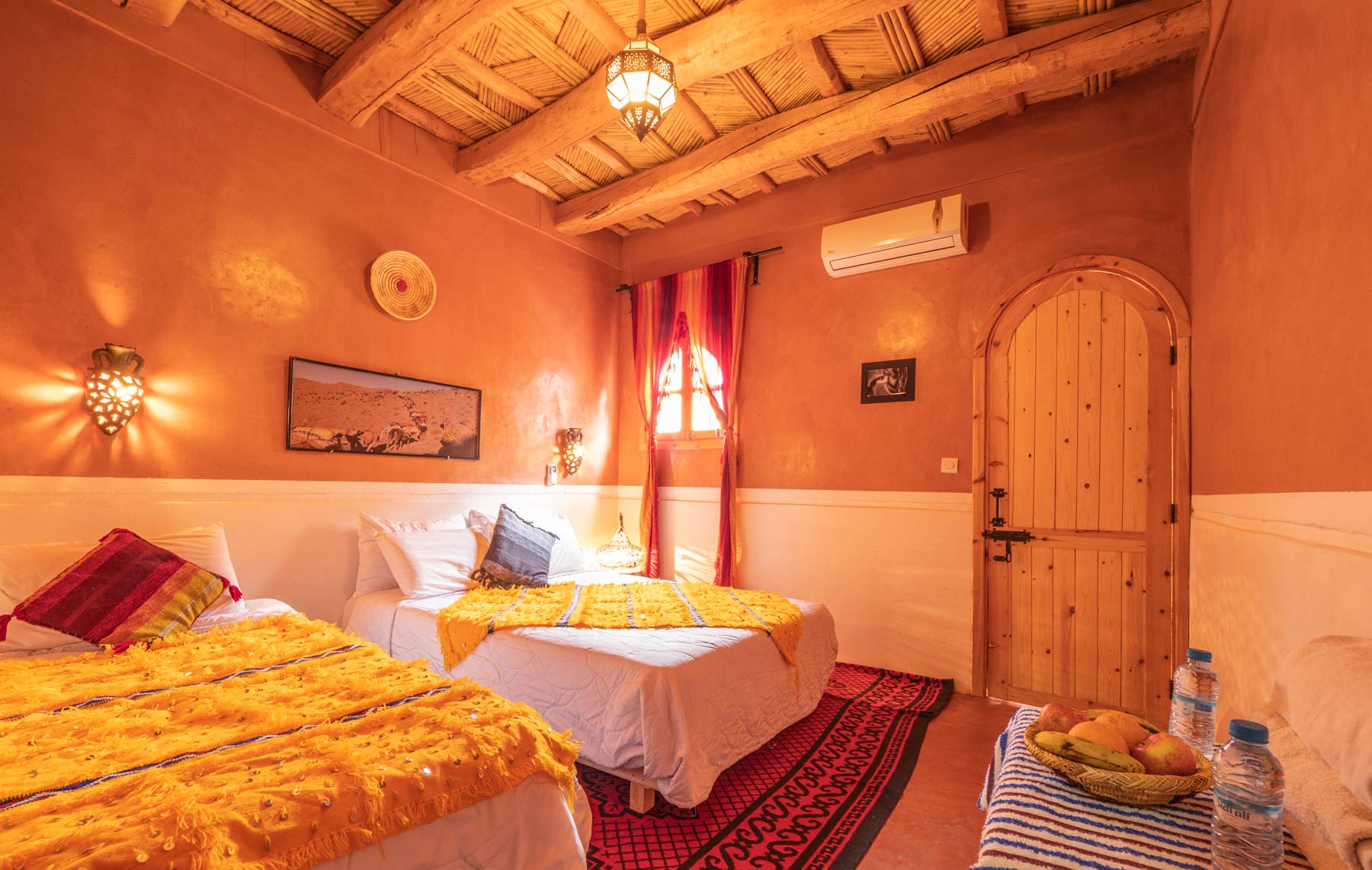
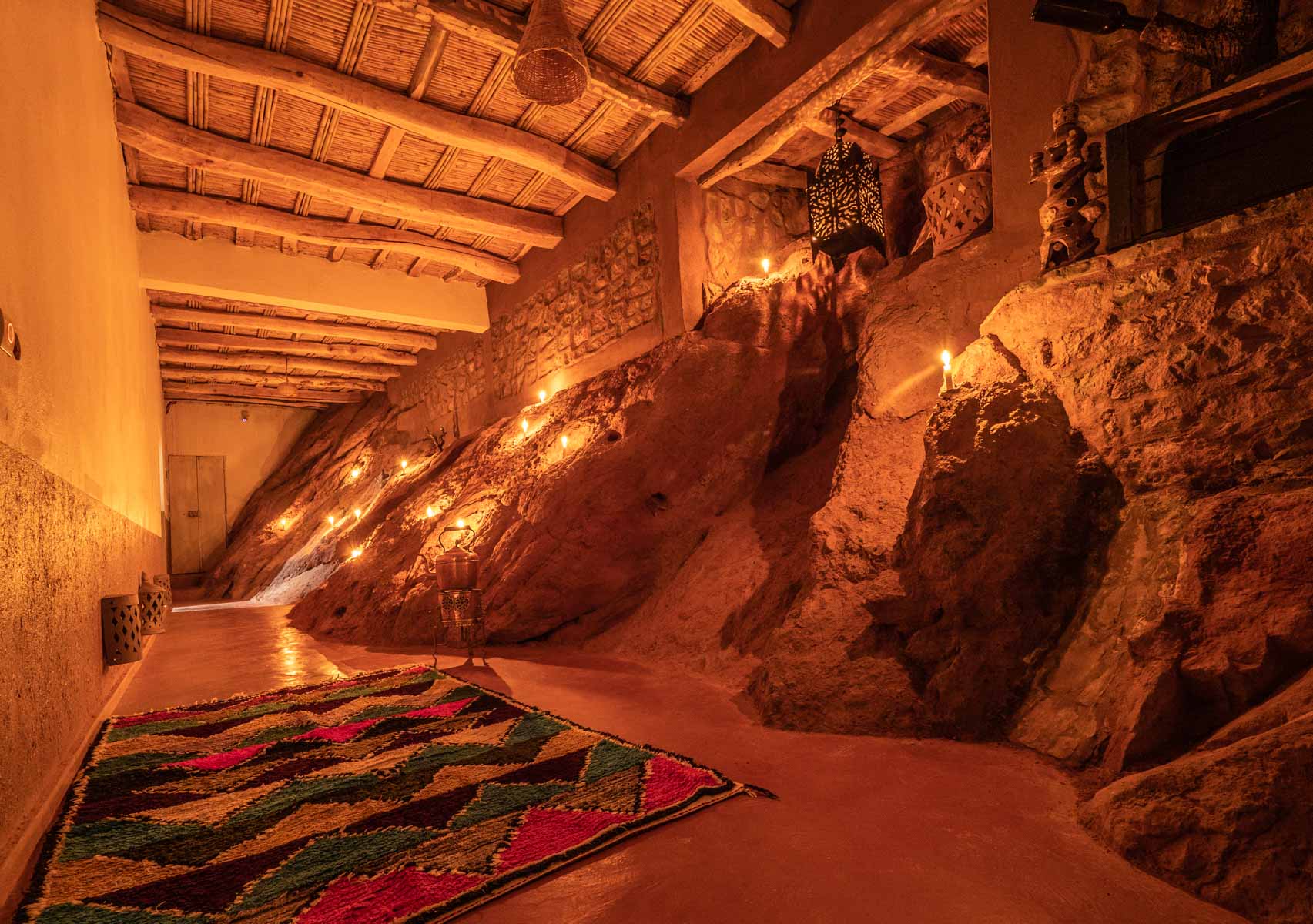
Exploring the Role of Oral Traditions in Preserving Berber Heritage in Morocco
When it comes to understanding the rich cultural tapestry of Morocco, delving into the oral traditions of the Berber people is essential. These traditions, handed down from generation to generation through storytelling, songs, and poetry, play a crucial role in preserving the Berber heritage that has shaped the country’s identity for centuries.
Uncovering Ancient Stories
One of the most fascinating aspects of Berber oral traditions is the way in which they encapsulate the history, beliefs, and customs of this indigenous North African group. Through oral storytelling, the Berbers pass down tales of heroic deeds, ancient battles, and cultural practices that date back to pre-Islamic times.
The Importance of Language
Language is at the heart of Berber oral traditions, with different dialects and variations used to convey specific meanings and nuances. By preserving these languages through oral storytelling, the Berber people ensure that their unique linguistic heritage continues to thrive in a rapidly changing world.
Connecting with the Past
For travelers exploring Morocco, engaging with Berber oral traditions offers a unique opportunity to connect with the country’s ancient past. Whether listening to a traditional storyteller in a village square or attending a music performance that celebrates Berber culture, visitors can gain insight into the values and traditions that have endured for generations.
Preserving Cultural Identity
In a modern world where cultural heritage is increasingly at risk, the role of oral traditions in preserving Berber identity is more important than ever. By sharing their stories, songs, and poetry, the Berber people ensure that future generations can continue to celebrate and honor the traditions that define who they are.

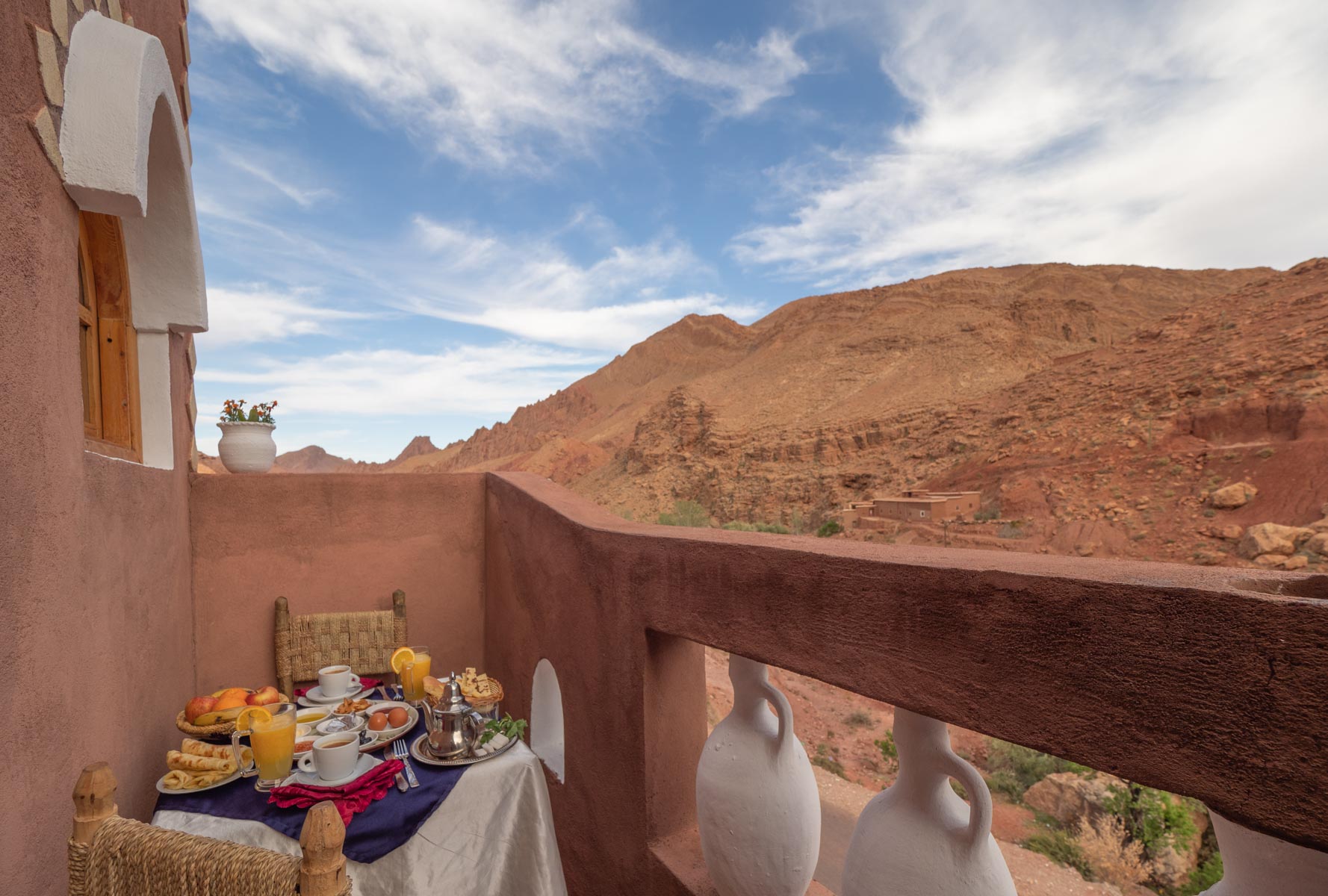
Before the Trip: Before embarking on a journey to explore the rich Berber heritage in Morocco, it is essential to do some research about the culture, traditions, and history of the Berber people. Understanding the significance of oral traditions in preserving the Berber heritage will enhance your experience and appreciation of the local customs.
During the Trip: While in Morocco, make sure to engage with the local Berber communities to learn directly from them about their oral traditions. Visit traditional villages, attend cultural events, and participate in storytelling sessions to immerse yourself in the authentic Berber culture. Don’t forget to taste the delicious Berber cuisine and shop for unique handicrafts made by local artisans.
After the Trip: After returning from your journey, consider sharing your experiences with others to raise awareness about the importance of preserving Berber heritage. You can also support local initiatives that aim to safeguard and promote Berber traditions. Keeping in touch with the communities you visited and staying informed about their ongoing cultural preservation efforts can make a positive impact.
Accommodation Recommendation: For a truly immersive experience in Morocco, consider staying at Auberge Atlas Dades. This charming guesthouse nestled in the stunning Dades Valley offers cozy accommodations, warm hospitality, and breathtaking views of the Atlas Mountains. The traditional Berber décor and authentic atmosphere of Auberge Atlas Dades will make your stay unforgettable.
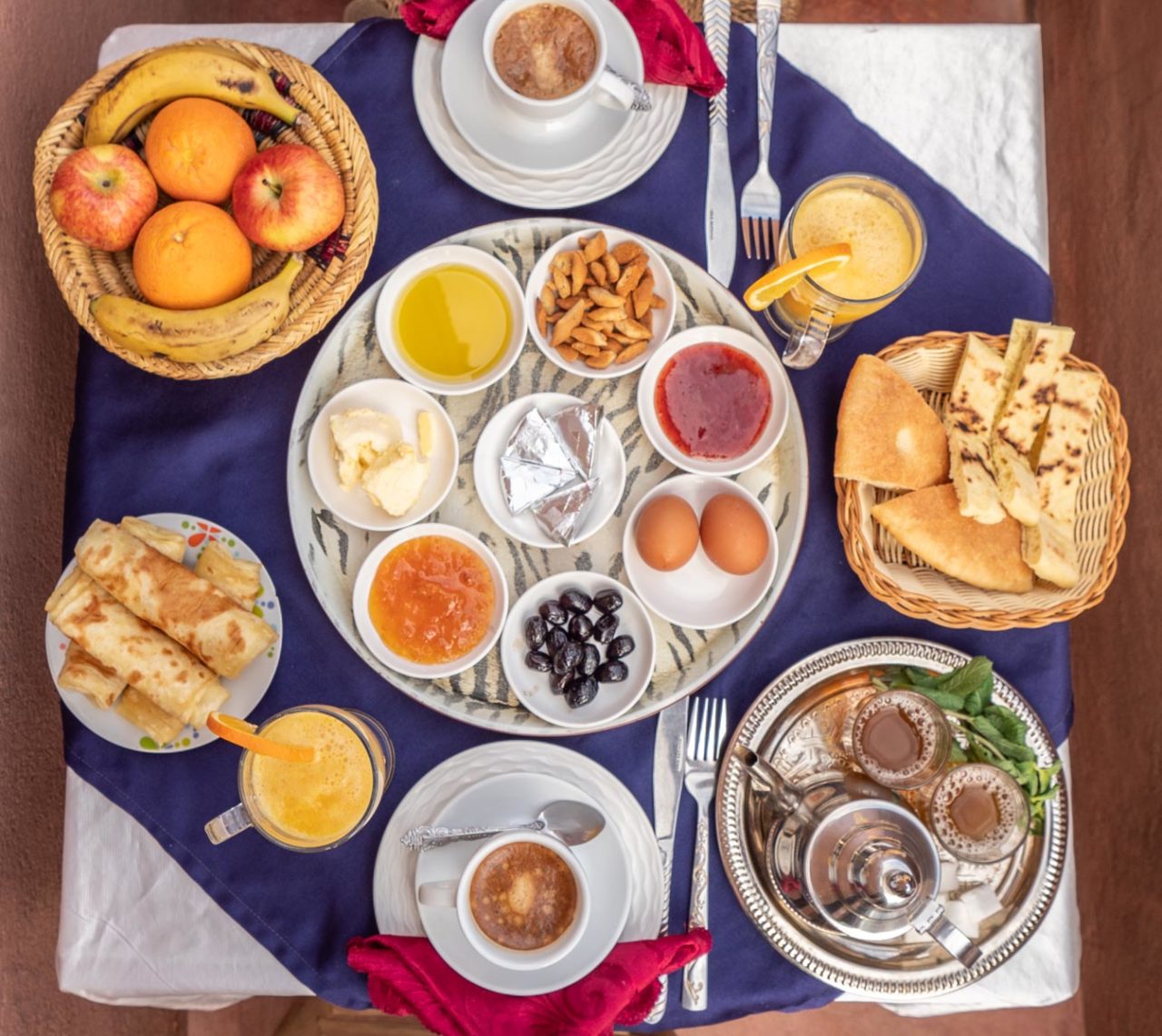


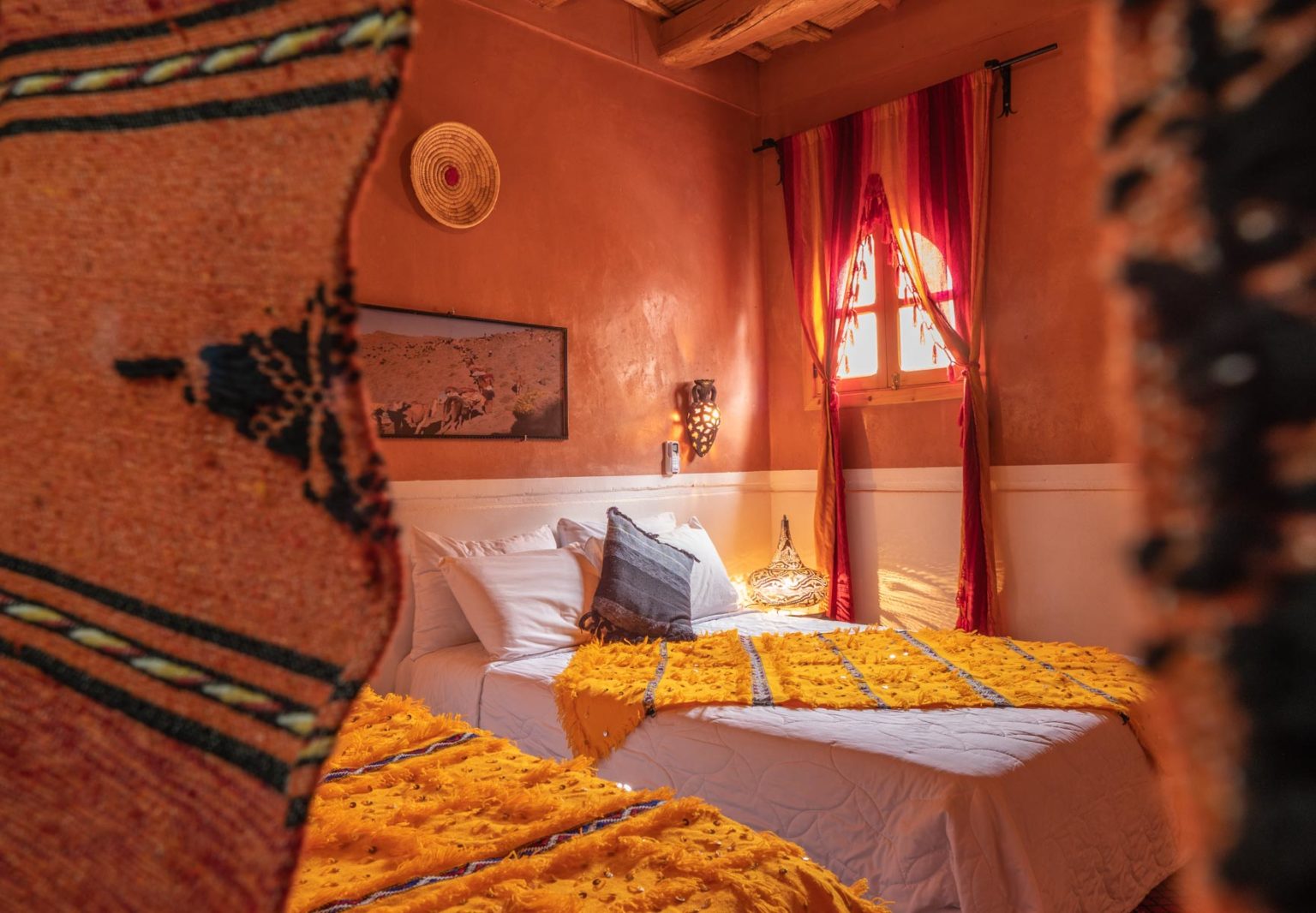
Frequently Asked Questions
1. What is the significance of oral traditions in preserving Berber heritage?
Oral traditions play a crucial role in preserving Berber heritage as they pass down historical and cultural knowledge from generation to generation.
2. How are oral traditions different from written records?
Unlike written records, oral traditions rely on verbal communication and storytelling to convey information, making them more dynamic and personal.
3. Are oral traditions still relevant in the modern world?
Absolutely, oral traditions continue to be relevant as they provide a unique insight into the past and help maintain cultural identity in a rapidly changing world.
4. How do oral traditions contribute to the preservation of language?
By passing down stories, songs, and proverbs orally, oral traditions help keep languages alive and ensure that linguistic diversity is maintained.
5. What are some common themes found in Berber oral traditions?
Themes of nature, family, tradition, and resilience are often prevalent in Berber oral traditions, reflecting the values of the community.
6. How can oral traditions be used to educate younger generations?
By incorporating oral storytelling into educational programs, younger generations can learn about their cultural heritage in an engaging and interactive way.
7. Do oral traditions vary among different Berber communities?
Yes, oral traditions can vary among different Berber communities based on geographic location, history, and local customs.
8. What challenges exist in preserving oral traditions in the digital age?
The digital age poses challenges such as loss of oral storytellers and changing communication methods, which can impact the transmission of oral traditions.
9. How can individuals support the preservation of Berber oral traditions?
Individuals can support the preservation of Berber oral traditions by listening to storytellers, documenting oral histories, and participating in cultural events.
10. What can we learn from Berber oral traditions?
From Berber oral traditions, we can learn about community values, historical events, and the resilience of a culture that has endured for centuries.
